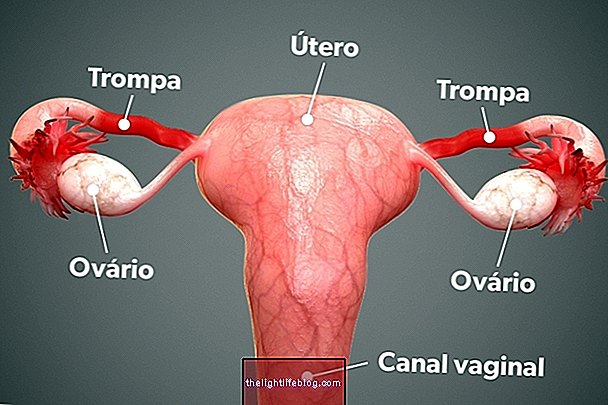Carnitine is an element naturally synthesized in the body from an essential amino acid, called lysine, present in foods like meat, for example. This compound has the function of aiding the transformation of fat into energy, through its transport into the mitochondria of the cells.
L-carnitine is produced by the body when it is necessary to use body fat as a source of energy to maintain the body's proper functioning; however, its consumption through supplements can boost fat burning, generate more energy to muscles and improve physical performance, so it is much consumed by athletes and people looking to lose weight.

How to take
L-carnitine can be purchased in capsules, powder or liquid, and the liquid allows for greater and faster absorption. Usually, it is used with 2 capsules or 1 ampoule or 1 tablespoon of L-Carnitine, 1 hour before performing physical activity, always with the nutritionist's advice.
Where to buy
L-Carnitine can be bought in pharmacies, supplement stores or natural products, and costs, on average, between 70 reais 170, but its value varies with the quantity and place where it is bought.
What is it for
The use of L-Carnitine has many benefits, which include:
- Weight loss because it helps lose fat and facilitates recovery after practicing intense physical exercises. To learn more read L-Carnitine.
- Antioxidant action, by eliminating free radicals and improves the body's defenses.
- Improves performance and performance during exercise;
- Facilitates fat burning;
- Improves blood flow;
- Stimulation of cognitive abilities, such as memory, learning and attention.
In this way, the L-carnitine supplement is usually used by athletes who seek improvement in performance and physical definition or people who seek to lose weight.
Who should not use
L-Carnitine is contraindicated for people with very low BMI, low fat rate or heart problems.
Possible side effects
Some of the side effects that can be caused by L-carnitine are nausea, vomiting, diarrhea, abdominal pain and muscle pain.























